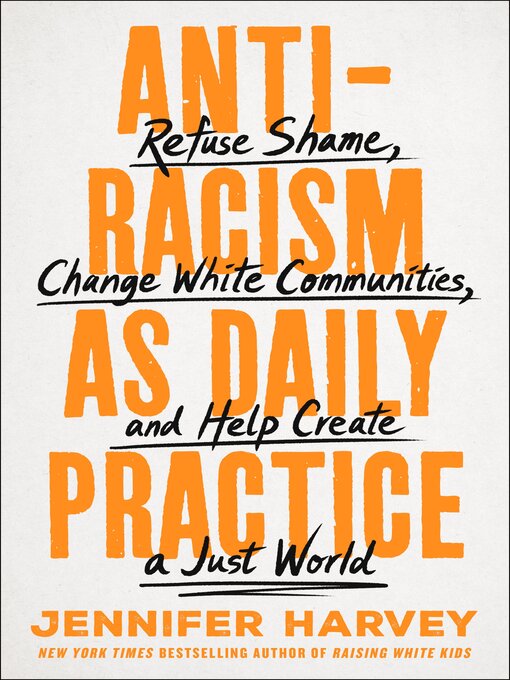"Nurturing and inspiring."―Kirkus Reviews
"An essential book of practical wisdom.... If you're white and have been asking, 'What can I do now?' this lively and timely book is for you."―Robert Jones, New York Times bestselling author of The Hidden Roots of White Supremacy
Antiracism as Daily Practice illustrates the many ways white Americans—those newly waking to the crisis of racism in 2020 and those already aware—can choose behaviors in our everyday lives to grow racial justice. Full of real life stories, this book shows how vital it is for white people to engage in and with our families, through our social networks, in our neighborhoods, and at our jobs to make antiracism a daily living commitment. We have real power in our relationships with other white people—and not enough of us have used it. Dr. Harvey explains why we white people struggle with knowing what to do about racism, and explores the significance of emotions like grief and anger (as well as the harmful role of shame) in really reckoning with the transformation and change needed in our communities to become the partners in justice that Black communities and other communities of color need and deserve. Not only is such transformation vital to the well-being of U.S. democracy. It's vital to the freedom and wholeness of white people too.
- Available now
- New teen additions
- Nobel Prize
- Try something different
- Pulitzer Prize Winners
- Page to Screen
- 'Read with Jenna' Book Club
- "Hello Sunshine" Reese Witherspoon's Book Club
- Fiction with a History
- Fiction with a Supernatural Flair
- True Crime
- Banned in America
- Oprah Book Club Picks
- See all ebooks collections
- Available now
- New Audiobook Titles
- New kids additions
- New teen additions
- Try something different
- Pulitzer Prize Winners
- Page to Screen
- 'Read with Jenna' Book Club
- Nobel Prize
- "Hello Sunshine" Reese Witherspoon's Book Club
- Banned in America
- Oprah Book Club Picks
- National Book Awards Longlist 2023
- See all audiobooks collections


